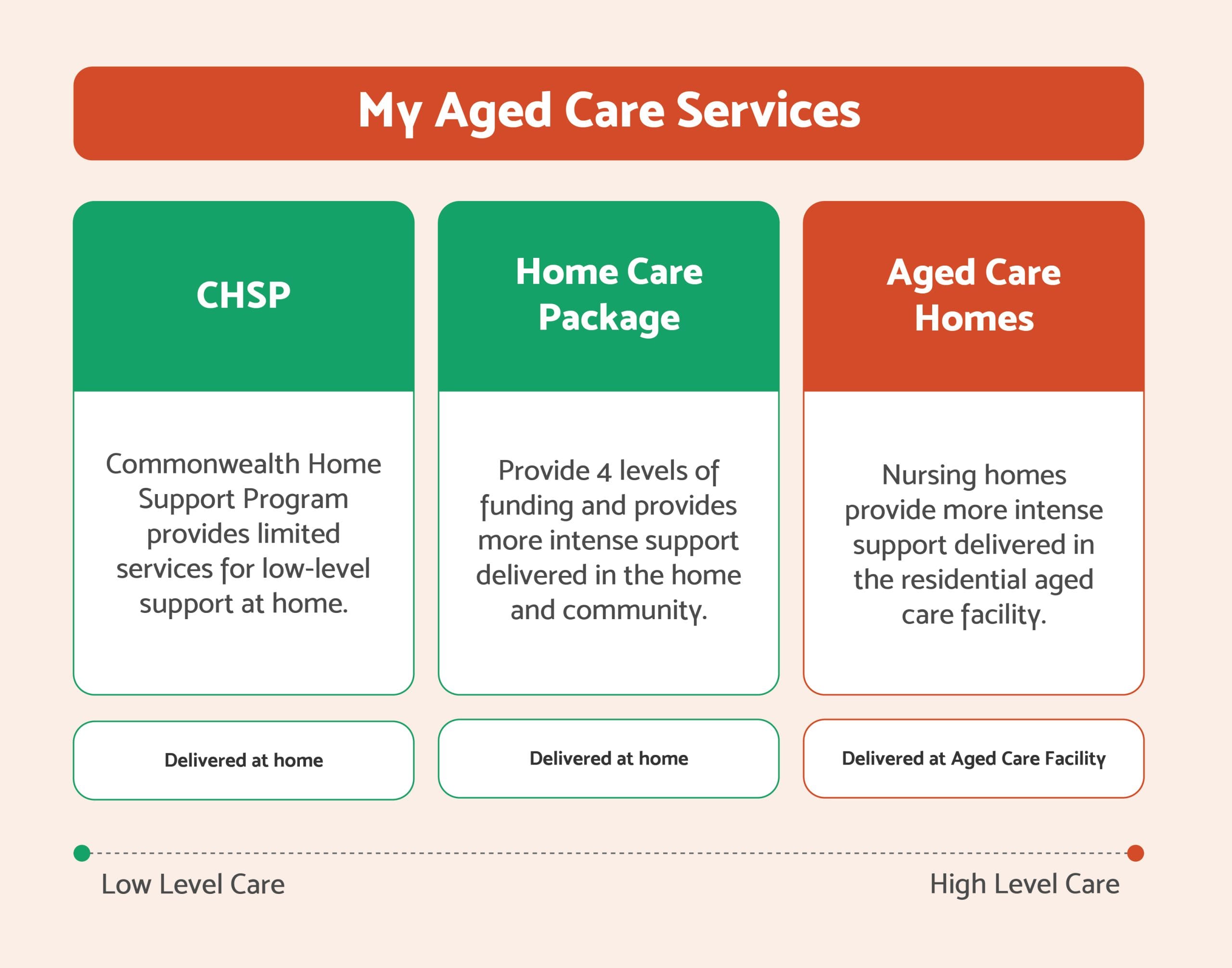What makes home care package providers essential in the NDIS support ecosystem
What makes home care package providers essential in the NDIS support ecosystem
Blog Article
All About Home Treatment Services for People With Disabilities: NDIS Registered Assistance
Home treatment services under the NDIS play a pivotal duty in sustaining individuals with handicaps. These solutions are designed to improve everyday living through tailored aid, varying from personal like wheelchair assistance. Understanding exactly how to navigate these alternatives can be complex. This introduction discovers the various facets of NDIS home care, from offered services to the selection of companies, highlighting vital considerations for those seeking assistance. The trip towards encouraged treatment begins here.
Recognizing the NDIS and Its Purpose
The National Disability Insurance Policy System (NDIS) offers as a transformative framework made to offer support and services for people with specials needs. Established to boost the lifestyle and warranty equitable access to important sources, the NDIS empowers participants by supplying individualized strategies tailored to their unique demands. It intends to foster self-reliance, enabling individuals to seek their personal objectives and aspirations.Through a structured approach, the NDIS assigns financing for various supports, consisting of education and learning, employment aid, and community participation. This comprehensive system not only concentrates on immediate care but likewise highlights long-term developing outcomes. By promoting selection and control, the NDIS encourages individuals to choose their preferred company, ensuring that treatment lines up with their values and preferences. Inevitably, the NDIS stands for a considerable dedication to boosting the lives of individuals with disabilities, fostering inclusivity, and developing an extra helpful society.
Sorts Of Home Treatment Services Available
Various types of home treatment services accommodate people with specials needs, mostly concentrating on personal care assistance and reprieve treatment options. Personal treatment support gives important support with day-to-day tasks, while reprieve treatment provides short-term alleviation for main caregivers. Comprehending these services is vital for making sure the wellness of both individuals with impairments and their families.
Personal Care Assistance
While navigating life can provide obstacles for individuals with impairments, individual care assistance supplies necessary support tailored to their special requirements. This type of home treatment solution incorporates a variety of activities made to advertise self-reliance and enhance quality of life. Personal care aides aid with daily tasks such as showering, dressing, grooming, and toileting, making certain individuals preserve individual hygiene and convenience. They may likewise assist with meal preparation, drug administration, and flexibility support. By offering customized care, these professionals equip individuals to engage more completely in their social activities and day-to-day routines. Overall, personal treatment support plays a considerable role in promoting dignity and autonomy for those with specials needs, allowing them to grow in their home environment.

Reprieve Treatment Options
Break treatment acts as an important source for families and caretakers of people with impairments, supplying short-lived remedy for the needs of daily caregiving. This kind of solution can take different kinds, consisting of in-home reprieve treatment, where trained experts check out the home to help with treatment jobs. Households might choose for facility-based break treatment, where individuals get treatment in a specific setting, allowing caregivers to take a break. Additionally, some organizations use emergency respite solutions for unexpected scenarios. These options not just aid alleviate caretaker anxiety but also promote the health of individuals with impairments by using them new experiences and social interaction. On the whole, respite care plays an essential duty in sustaining both caretakers and those they care for.

How to Access NDIS Home Treatment Providers
Accessing NDIS home care services involves understanding the qualification requirements set forth by the National Special Needs Insurance Coverage Plan. Individuals must navigate an organized application procedure to protect the necessary support customized to their demands. This section will clear up both the qualification requirements and the steps associated with click to read using for services.
Qualification Standards Discussed
To receive NDIS home treatment solutions, individuals should fulfill specific qualification criteria that evaluate their conditions and requirements. First, applicants have to be aged in between 7 and 65 years and have a irreversible and substantial impairment that influences their ability to do day-to-day tasks. Additionally, they have to be an Australian person, a long-term citizen, or hold a Protected Special Group Visa. The NDIS needs evidence of the special needs, generally through medical assessments or records. People ought to show that they require support to participate in financial and social life. These criteria ensure that solutions are directed in the direction of those who truly require aid, promoting self-reliance and enhanced top quality of life for people with disabilities.
Application Process Actions
Can I Select My Very Own Assistance Employees Through NDIS?
The individual inquired whether they could select their own assistance workers under the NDIS framework. Generally, individuals have the versatility to choose assistance workers, fostering individualized treatment that lines up with their particular needs and preferences.
What Occurs if My Needs Adjustment After Getting Assistance?
They should interact these modifications to their service supplier important source if a person's requirements change after getting assistance. Changes can be made to the care plan, ensuring that the assistance remains reliable and relevant for their scenarios.

Are There Limits on The Number Of Hours of Care I Can Obtain?
The specific asked about potential limits on the variety of treatment hours received. Generally, such restrictions may exist based on details policies or moneying setups, highlighting the relevance of assessing guidelines and agreements on a regular basis.
Can I Use NDIS Financing for Home Adjustments?
The question of utilizing financing for home adjustments arises often. Typically, individuals may make use of NDIS funding for necessary adjustments to their homes, ensuring accessibility and safety and security, section upon conference specific eligibility standards and guidelines.
How Do I Manage Grievances Regarding My Home Treatment Services?
To attend to problems concerning home care services, individuals should first document their worries. Then, they can communicate directly with their company, seeking resolution, or intensify the concern to relevant oversight bodies if required. Home treatment solutions under the NDIS play a critical duty in supporting people with handicaps. Various kinds of home care services provide to people with disabilities, primarily concentrating on individual care help and respite care options. home care providers. Personal care help offers vital assistance with day-to-day activities, while reprieve care offers short-lived relief for main caretakers. Families might opt for facility-based reprieve care, where people obtain care in a specific environment, permitting caretakers to take a break. Just how can families successfully manage the economic elements of home care solutions for individuals with handicaps?
Report this page